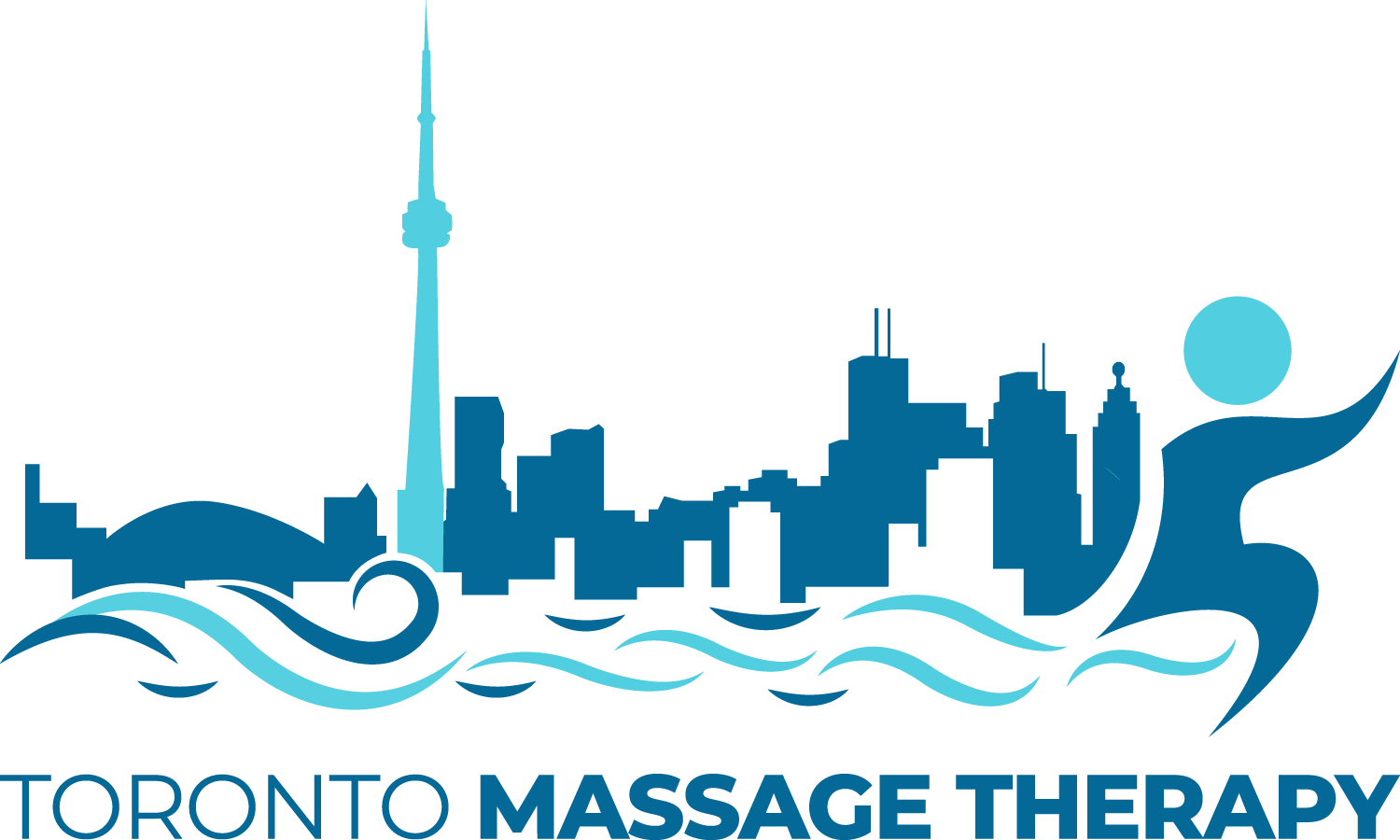Train, SLEEP, Repeat: A Wake-Up Call For Building Muscles!
We bulk up working out in the gym, right? Right?
Wrong! We do it in our sleep!! Sound incredulous? Well, read on…
During workouts, muscles undergo stress and damage. Training, weightlifting, running, cycling etc. can cause wear and tear on the soft tissue. However, it’s during sleep that your body engages in the repair and rebuilding of these muscles. It’s this sleep phase, rather than your exercise routine, that truly promotes enhanced muscular strength. This phenomenon can be attributed to the decrease in energy consumption during sleep, which triggers the pituitary gland to release human growth hormone (HGH). This hormone prompts the production of an insulin-like growth factor, pivotal for muscle repair. Consequently, carbohydrates are transported into muscle cells, providing the necessary energy for these cells to utilize amino acids (derived from dietary protein) in generating new muscle cells and mending damaged tissue.
It’s worth noting that the majority of HGH release occurs in cycles during sleep. A study1 on HGH secretion in young adults demonstrated peak levels during the initial stages of deep sleep, lasting around 1.5 to 3.5 hours. Smaller peaks of HGH are observed in subsequent sleep phases. Additionally, REM sleep induces muscle relaxation, alleviating tension and mitigating symptoms of chronic pain or post-intense workout soreness. Disrupted sleep patterns lead to delayed HGH secretion, resulting in decreased muscle growth and regeneration.
Obtaining fewer than eight hours of sleep per night can potentially diminish muscle mass or, at the very least, induce a sense of diminished strength5. Inadequate sleep elevates cortisol levels—a stress hormone that inhibits muscle repair and can lead to increased fat retention. However, the repercussions of sleep deprivation extend beyond muscle development and repair, influencing both mental and physical recovery. Consider the following examples:
A study3 comparing recovery among cyclists after a high-intensity interval training (HIIT) session revealed that even a single night of partial sleep deprivation hindered recovery. Cyclists who experienced a full night of sleep (approximately 8 hours) were compared to those who only had half a night of sleep. The sleep-deprived group not only displayed reduced peak power output but also reported increased fatigue and reduced motivation for subsequent training sessions.
Research2 also indicates that elite athletes who receive 2–4 fewer hours of sleep per night exhibit impaired physical performance (affecting aspects from tennis serve accuracy to sprint times and soccer skills) and compromised cognitive functions, including reaction time and decision-making. Conversely, extending sleep duration enhanced both physical and cognitive capabilities among athletes participating in diverse sports.
For individuals recovering from injuries, sleep deprivation can prolong the healing process of the injured muscle region. A study4 involving rats with muscle injuries showed diminished molecular markers of muscle repair following eight hours of sleep deprivation, as indicated by plasma analysis.
In essence, ensuring a consistent, quality sleep regimen of at least eight hours per night is crucial for effective muscle building and repair. What steps can you take to ensure that your muscle building and repair endeavors are optimized during sleep?
- Prioritize Sufficient Sleep
Strive for 7–9 hours of sleep each night, with around eight hours being the optimal goal. During periods of intensified training, such as preparing for a marathon, consider extending your nightly sleep duration by an additional hour or two.
- Mind Your Diet and Hydration
Be mindful of your pre-sleep consumption. Refrain from consuming sugar or alcohol close to bedtime. Alcohol undermines sleep quality and diminishes growth hormone production, particularly with excessive intake. Similarly, processed sugars heighten cortisol production, disrupting sleep quality. Opt for a casein protein-rich snack, such as yogurt or cottage cheese, about 30 minutes before bedtime. This provides the necessary amino acids for muscle repair during sleep.
- Embrace Sound Sleep Practices
To optimize muscle growth and recovery during sleep, cultivate effective sleep hygiene. This encompasses actions such as disconnecting from electronic devices 30–60 minutes before sleep (to avoid exposure to disruptive blue light), maintaining a cool bedroom temperature, and adhering to a consistent bedtime.
- Time Your Exercise Wisely
Finally, avoid strenuous workouts close to bedtime. Ideally, conclude your exercise regimen approximately 4–6 hours before retiring for the night. While the timing varies based on the type of workout, it’s advisable to skip training if it can’t be completed well in advance of sleep. For instance, engaging in a 30-mile bike ride late in the evening may be less advisable, while a gentle hour of evening yoga or massage treatment that focuses on recovery and stress reduction is likely suitable. This encourages your parasympathetic nervous system to activate allowing your body to relax and promote better sleep.
By following these steps, you’re likely to observe not only enhanced muscle development and repair but also improved overall mood and motivation, ensuring consistent training progress day by day.
If you are genuinely committed to enhancing your strength and building muscle mass, placing equal emphasis on quality sleep is imperative, particularly if you train or workout daily, have a very active lifestyle, or if you are an athlete.
References:
- Takahashi Y, Kipnis DM, Daughaday WH. Growth hormone secretion during sleep. J Clin Invest. 1968 Sep;47(9):2079-90. doi: 10.1172/JCI105893. PMID: 5675428; PMCID: PMC297368.
- Vitale KC, Owens R, Hopkins SR, Malhotra A. Sleep Hygiene for Optimizing Recovery in Athletes: Review and Recommendations. Int J Sports Med. 2019 Aug;40(8):535-543. doi: 10.1055/a-0905-3103. Epub 2019 Jul 9. PMID: 31288293; PMCID: PMC6988893.
- Rae, D.E., Chin, T., Dikgomo, K. et al.One night of partial sleep deprivation impairs recovery from a single exercise training session. Eur J Appl Physiol 117, 699–712 (2017).
- Schwarz, W. Graham, F. Li, M. Locke, J. Peever. Sleep deprivation impairs functional muscle recovery following injury, Sleep Medicine, Volume 14, Supplement 1, 2013, Page e262, ISSN 1389-9457.
- Vyazovskiy VV. Sleep, recovery, and metaregulation: explaining the benefits of sleep. Nat Sci Sleep. 2015 Dec 17;7:171-84. doi: 10.2147/NSS.S54036. PMID: 26719733; PMCID: PMC4689288.
